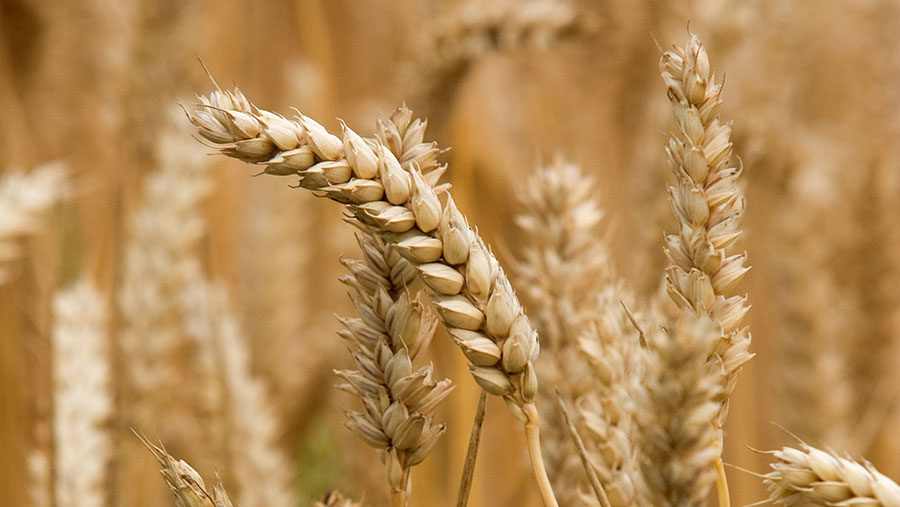RAGT and Bayer announce joint plan to develop hybrid wheat
 © Tim Scrivener
© Tim Scrivener RAGT and Bayer have entered an exclusive collaboration to jointly develop state-of-the-art hybrid wheat varieties suitable for UK and Ireland markets.
The new partnership aims to provide arable farmers in the UK and Europe with new high-potential wheat varieties to enhance sustainable agricultural practices and climate-friendly farming.
Securing the wheat harvests through hybrid wheat production systems that help increase yield and robustness of the crop “will help meet the expected increase in food consumption to feed a growing world population”, said Bayer and RAGT, announcing the collaboration.
See also: The top winter wheat varieties 2020 for disease resistance
The two companies say they will pool their strengths by combining Europe’s leading soft wheat genetics with access to the latest breeding methodologies, high-performing seed production systems and advanced digital solutions.
“Hybrid wheat offers farmers the opportunity to meet the challenges of climate change while achieving higher productivity in sustainable cropping systems,” said Bob Reiter, head of research and development at the crop science division of Bayer.
Hybrid wheat has been a long-term goal of wheat breeders and companies. Hybrid seed production requires cross-pollinating two different wheat varieties to form a hybrid. Plant breeders say the benefits over conventional wheats include better yields, quality, improved water and fertiliser use efficiency and their ability to perform well under stress conditions.
Most widely grown crop
Wheat is the most widely grown food crop in the world. In the EU and the UK alone, more than 25m hectares are grown each year. Wheat crops provide about 20% of the proteins consumed in the world.
Laurent Guerreiro, general manager of RAGT Semences, said the joint venture would provide improved wheat cultivars and new cultivation practices to help support farmers better.
“These innovations will enable meeting the needs of different types of agriculture. Concretely, by associating parent crops who each have innovative characteristics, we will be able to offer farmers wheat varieties that address the main problems farmers face in any of their fields,” he said.
Bayer has previously said it has no plans to produce GM wheat. However, a company spokesman said the first hybrids from this RAGT collaboration could be launched during the second part of this decade.

